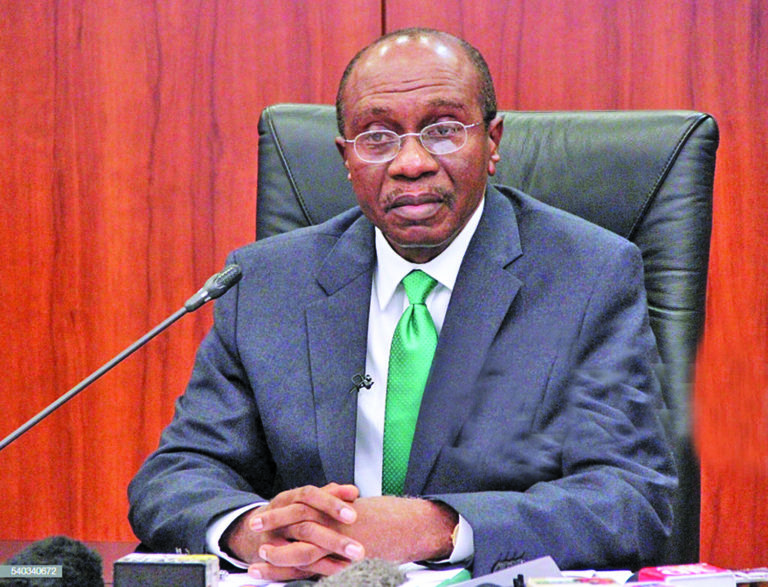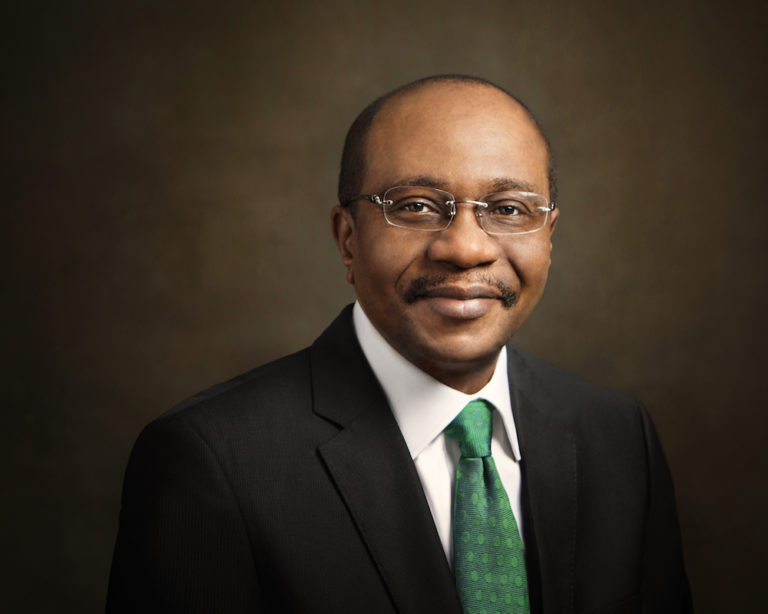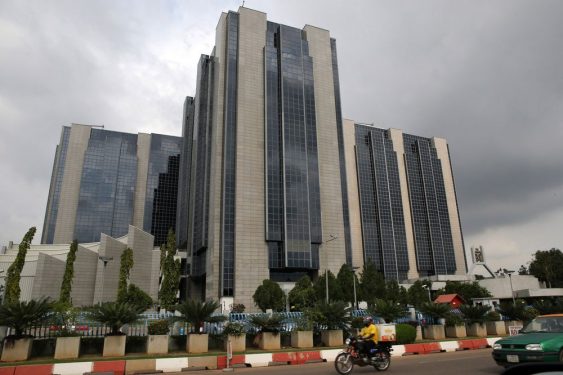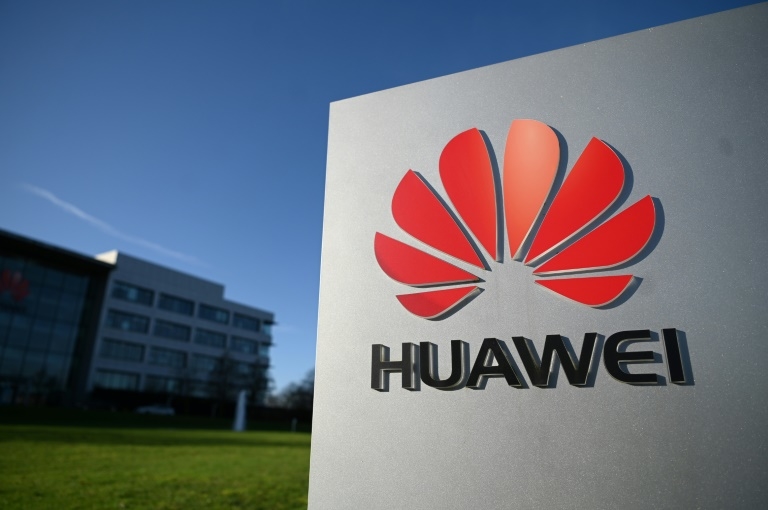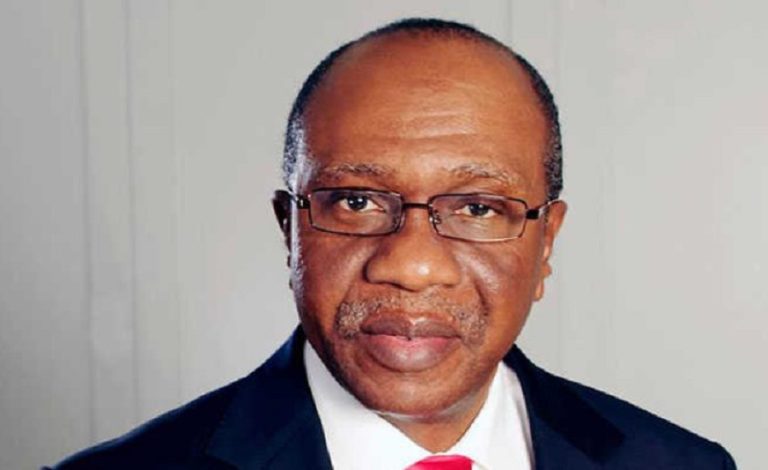The Presidential Task Force on COVID-19 has been commended for its efforts to contain the spread of the virus in Nigeria.
Director General of the Securities and Exchange Commission made the commendation during the donation of an ambulance to the PTF by the Capital Market Support Committee on COVID-19 in Abuja on Wednesday.
According to Yuguda, the capital market community acknowledges the efforts so far made by both the government and private sector since the country recorded its COVID-19 index case in February this year.
“We are here today on behalf of the capital market because we recognise the need to lend our support towards strengthening the available response mechanisms as well as ameliorating the burdens on those affected,” he said.
In his response, Secretary to the Government of the Federation/Chairman of the PTF on COVID-19, Mr. Boss Mustapha, urged Nigerians to protect themselves and others from the virus by observing the protocols laid down by the authorities, assuring that the PTF would ensure that resources donated were efficiently deployed.
Mustapha, who was represented by the Permanent Secretary, General Services, Mr. Adekunle Olusegun, decried Nigerians’ level of compliance to the protocols, which he described as abysmal.
He said, “We would like to use this opportunity again to solicit your cooperation in helping us spread the message that COVID-19 is real. It has changed everything the way we know them, but we must change our behaviour to contain its spread.
“Even if you do not love anyone, I believe you love yourself. Secure yourself properly by adhering to laid-down protocols. Masks should be worn properly when in public places. If you are not wearing your mask properly, you are at risk. In your offices, ensure that you are very strict on the use of face mask.”
There are still some challenges ahead, especially in the area of behavioural change, the SGF said and urged the capital market community to use whatever opportunity available to enlighten stakeholders.
His words, “This is a serious health emergency that we are experiencing in our generation. It has challenged the strength and weaknesses of the system globally and no nation is immune from this.”
He assured that the ambulance would be deployed in the most useful manner and urged the capital market community to continue to support the health sector, even after the pandemic.




